Pursuit of Play, volume 7: Subversion
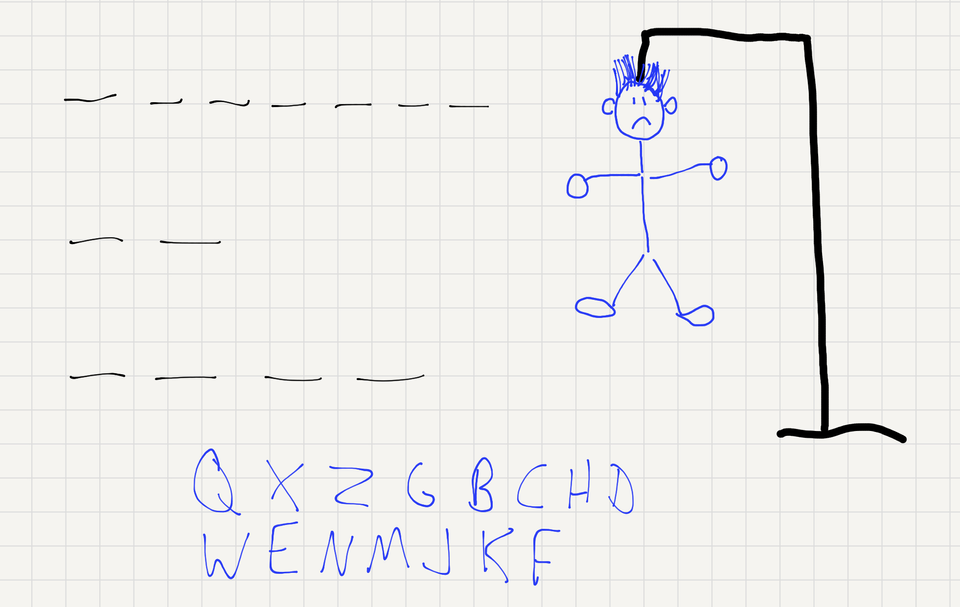
Over 4,000 Pokemon card game players showed up in London last weekend to compete in the European International Championships - the largest international championship ever in Europe. We were 3 of them. We almost weren’t: registration for the Seniors division in which Tommy plays sold out in under 30 seconds during the first wave, and we got lucky to snag one in the second wave which sold out just as fast.
In some ways, going to London to play Pokemon is old hat for us; this was our 4th time since 2022. We have a regular hotel that we stay in near the venue where the competition is held and a well defined routine - take the train in on Friday, catch the last flight out on Sunday night. We know which of the restaurants at the venue are halfway decent. We’ve got it on lock.
And we threw it all out the window this time, because:
- I’m so tired of staying in the worst part of London
- I didn’t book hotels early, so instead of staying within walking distance of the venue we stayed within walking distance of an Elizabeth line train
Staying in a more central part of London turned out to be a clutch move, especially with the tournament expanding from 2 days to 3. It was a small thing, really, but commuting with the Underground meant that we were a little more open to not being at the venue all the time. Yes, we were still at the venue the majority of the time, but we managed an escape to meet up with a friend at legendary London cafe Prufrock. We avoided eating many mediocre meals at the venue and instead ate really well at the different restaurants around the Whitechapel station. It was still very much a Pokemon trip, not so much a London trip, but a pleasant Pokemon trip.
Oh, right - this is Pursuit of Play, my chronicle of a year on the European Pokemon circuit. Past editions are here.
The Pokemon Update
I decided to do something a little quirky this time around: I decided I wanted to play Pokemon as a pacifist. The point of the game, in theory, is to score 6 points by knocking out your opponent’s Pokemon…but there is another way to win the game, which is by making your opponent run out of cards in their deck before you do and before they can score 6 points.
The current meta of the game has a deck that is designed to do exactly that - Snorlax Stall. As much as I enjoy the character of Snorlax, though, I didn’t want to play Snorlax Stall. I really wanted to build my own deck, because cooking up a deck is so much of the fun. So I took the Pidgeot Control deck that the kids were cooking up and removed the attacking Pokemon and added in more that could thin out my opponent's resources[1].
After A LOT of testing, I had something that I really liked and that I was having fun with. The deck essentially acts as a trap.
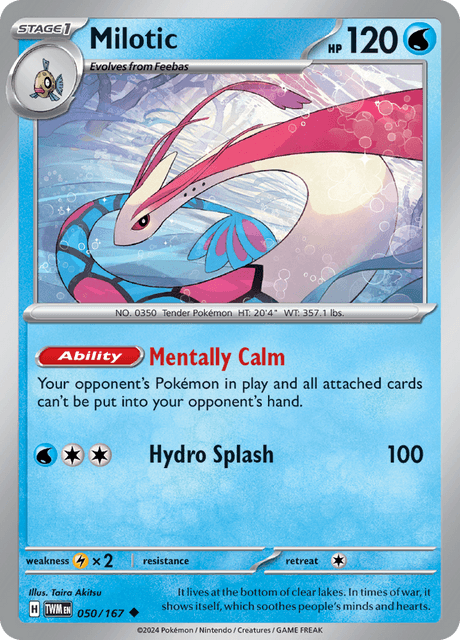


Milotic on my bench keeps them from being able to scoop up their active Pokemon. Wellspring Mask Ogerpon in the active uses the Sob attack to prevent them from retreating. I gust up a Pokemon that can't attack me, I attach a Double Turbo Energy so my Sob attack doesn't even do damage, and then my Pidgeot V's ability means that I can never run out of cards in my deck.
And with that, I had a goal for the tournament:
- take 0 knock outs
- deal 0 damage
- still be competitive
2 out of 3 ain’t bad? I did, indeed, take 0 knockouts through the whole tournament. I had my deepest run into the tournament before I was statistically eliminated[2]. And across 7 matches, there was only 1 that was totally unwinnable. Unfortunately, I did end up dealing 80 damage in total across all matches. Given that 80 damage isn’t even enough to knock out a lot of Basic level Pokemon, I guess I can live with it[3].
I was hoping to play the full 9 rounds on the first day, even after I was out of contention for day 2…but the event ran so slow. We kicked off at 9am, and I finished my 7th match at 7:30pm. Nate was already done for the day, and Tommy was in the middle of their 8th and final match. If I had stuck around for 2 more rounds, we weren’t even getting back to the hotel until 10pm. That’s a long day of Pokemon, and especially so with the kind of deck I was playing where I used up all the time on the clock almost every round.
But it was also the most fun I’ve had this season. What I now recognize is that I enjoy playing the game in a way that is about setting up a trap and springing it at the right moment. That’s what my various Tsareena deck builds have done[4]. This deck was a well honed trap. Even in the matches I lost, I got the trap setup in the second game and would have won if I hadn’t run out of time. What is also fun about a trap is seeing the opponent try and find their way out of the trap…especially because I wasn’t always totally sure that my trap would hold. In my last match of the day, my opponent found a way out of the trap with only 3 cards left in their deck.
Sadly, the kids didn’t have a much better outcome than I did. Tommy & I ended on nearly identical records. Nate did a bit better but lost his last match - which would have earned him points for the event - on what I believe was a bad judge call[5] .
Sometimes the game is weird
Imagine that you’re a tennis player who has reached the Wimbledon final, you’ve just delivered a miracle run of 5 games in order to salvage the 2nd set, and you’re headed into the final set of best of 3 with the championship on the line. Your opponent is set to serve first, but then before the first ball is even put in play the opponent is declared the winner.
That’s basically what happened in the final of the Master’s Division. It’s not supposed to be like that - the player who goes first can’t even attack, so how can they possibly win on their first turn? - but this is the one, slightly fluky way that it can actually happen.
You can watch it play out here.
It’s 1 minute from the time Natalie Millar puts her first Pokemon in play until her opponent Ryuki is declared champion. It happens so fast that the announcers don’t even have time to explain how he pulled off this totally wild play. It’s pretty complex, so I’ll explain it in Nerd Notes this month.
The short version is: he didn’t attack, but he did poison - which is an ability, not an attack - and the poison did enough damage to take the knockout. Ross explains it here if you don’t want to wait for me.
An absolutely brutal way to take a loss any time, but especially in that position.
(BTW, if you actually took the time to watch that video you might really dig Nerd Notes. It's the depth cuts of all the things that I think might be a little too far down the rabbit hole to make it into the normal newsletter. $5/month and you get a Routine Chaos sweatshirt!)
Reflections on Play: Subversion & Cheating
A phenomenon that happens in my household any time we get a new tabletop game: as we play through it the 1st time, I watch the gears turning inside the heads’ of the 3 children. Around the 3rd time we play through it, a smirk crosses one of their faces. On the 4th playthrough, whoever the smirker was starts to make seemingly questionable decisions…and then at some point, we all simultaneously realize that they figured out how to break the game. They then reveal what they figured out, and the other 2 children start refining the strategy. By the 6th playthrough, it’s not worth playing anymore because when 3 people are all subverting the game’s objective, no one is going to win.
Sarah & I swear we have no idea where they got this mindset or behavior from[6].
Not every game can be subverted, but if there’s a way the Trudeau children will figure it out. Maybe we should set up some sort of game quality testing consultancy.
But the subversion is itself a way to play a game, just not necessarily the game that was intended by the game designer. Every game is a collection of elements, rules, and objectives - so there’s almost always a different way to play than what was intended. A player can decide to play for a different objective and then use the elements and rules of the game in pursuit of that objective. Tommy’s approach to Ticket To Ride is to hoard all of the destination tickets, then start cornering the market on certain color resources knowing that they can’t possibly win but can wreak havoc on every other player’s intentions.
Addie will play a game up to the point that she knows she has victory in hand and then simply refuse to make the necessary moves to secure victory because she knows that the house rule is that the winner cleans up, and she doesn’t want to clean up and enjoys the frustration she can cause her siblings by letting it be known that she could win and is choosing not to.
Subversion, notably, isn’t cheating. Cheating undermines or disregards the rules of the game, whereas subversion finds a way to use the rule in a way that it wasn’t intended. Cheating is bringing a gun to a knife fight. Subversion is using Aikido to redirect your opponent’s energy against them.
I find myself thinking about subversion a lot, because in the course of our day to day lives we are constantly navigating unspoken conventions and tacit rules the accumulation of which are often trying to shape us in a specific way, and I think it’s vitally important that we can see & recognize those forces that are shaping us as much as we possibly can. That recognition gives us the choice of whether we want to play that version of the game, or whether we want to play the game a little bit differently.
I think you should watch: The King of Kong
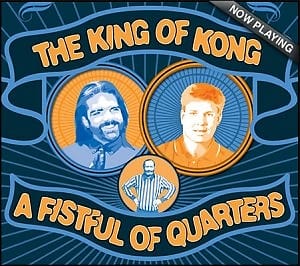
I’m a sucker for the documentary genre “let’s go deep inside a niche community that you didn’t even know existed and dive right into the conflict that might tear that community apart.” So when that niche community is competitive Donkey Kong players and that conflict is between the old guard world record holder and the new hotshot who is chasing the record, then you can just reel me right in. I watched this movie shortly after it came out, and in the years since it’s been fun to follow as the story has continued to evolve[7] .
I think you should read: Learning Through Play
The LEGO Foundation puts out a bunch of these research briefs about the value of play in child development, so it’s hard to narrow down to just one - but the big concept in this one feels like it packs the most punch, because it defines 5 attributes of playful learning:
- Joyful
- Meaningful
- Actively Engaging
- Iterative
- Socially Interactive
And that’s a pretty good checklist to work through for any sort of deliberately designed play experience.
This newsletter should land in your inbox on February 27, so allow me to say: Happy Pokemon Day to all those who celebrate.
Next month we're off to Stockholm for the last tournament before the big rotation.
- and then felt a small measure of pride when the kids copied some of my changes for their own decks.
- (round 6)
- It should have only been 40…I misread a card that my opponent had in play for my first 40 points of attack damage.
- mostly unsuccessfully
- I had a judge call for literally the same infraction the day before. In my case, it ended in a warning for both players. In his case, he was hit with a game loss. I don’t want to go into it too far, but if anyone, it should have been the opponent who got penalized. Overall, I heard about a lot of questionable judge calls over the course of the event. With an event this big, finding enough judges with experience was probably hard.
- Readers who have played games with either one of us also certainly have no idea, right guys?
- But I won’t say how, because it would be spoiler heavy.


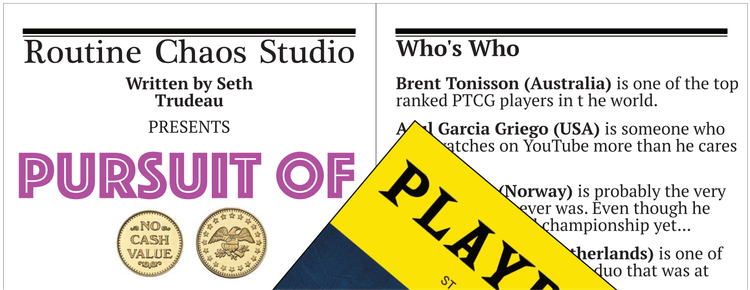
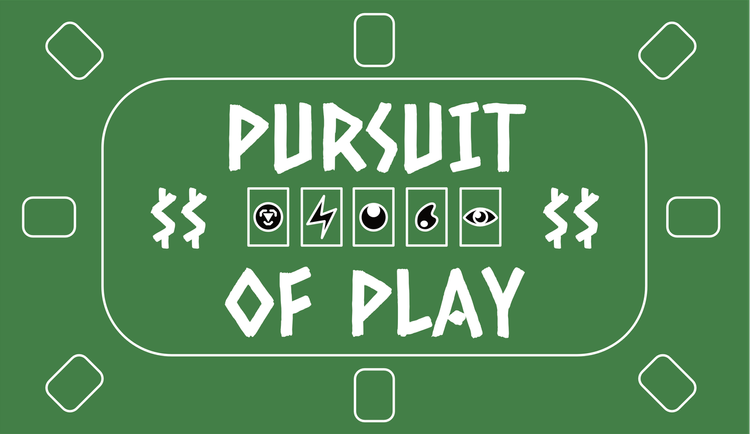


Member discussion